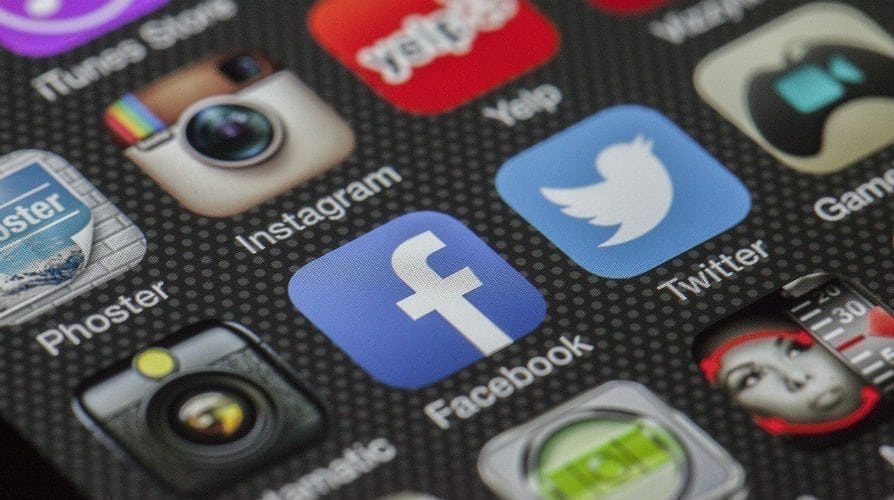“With people spending more time on social media, many rightly wonder whether that time is good for us. Do people connect in meaningful ways online? Or are they simply consuming trivial updates and polarizing memes at expense of time with loved ones?”
So began Facebook’s blog post last week. With more of our time going towards social media, it’s safe to ask whether or not all that investment is actually beneficial. According to Statista, the average person spent 135 minutes a day on social media in 2017. It’s forced people to begin taking a critical look at their internet activity. In fact, early last week, a former Facebook executive, Chamath Palihapitiya, expressed his regret for being involved in building the social media platform.
“I think we have created tools that are ripping apart the social fabric of how society works,” he told an audience at the Stanford Graduate School of Business. He joined Facebook in 2007 and became its vice president of user growth. In his talk at Stanford, he expresses the guilt he feels for helping develop a platform that he thinks is negatively affecting society. “The short-term, dopamine-driven feedback loops we’ve created are destroying how society works,” he claimed. He cites issues of misinformation and mistruth that have resulted through social media. For instance, Palihapitiya discussed an incident in India where a hoax message about kidnappings shared via WhatsApp led to the lynching of seven innocent people. He made it clear that this isn’t an American issue, nor is it about Russian ads. He feels it’s a global problem. “That’s what we’re dealing with. And imagine taking that to the extreme, where bad actors can now manipulate large swathes of people to do anything you want,” he explained. And, with the rising issue this year of fake news and even manipulated videos, it’s only more difficult to monitor and catch misinformation on social media.
Palihapitiya’s misgivings about Facebook and social media in general might have prompted Facebook to post an article asking “Is spending time on social media bad for us?” In the post, Facebook’s Director of Research David Ginsberg and Facebook Research Scientist Moira Burke expressed their personal connection to the issue at hand: “As parents, each of us worries about our kids’ screen time and what ‘connection’ will mean in 15 years. We also worry about spending too much time on our phones when we should be paying attention to our families.” Given their own struggles with screen time, they decided to look at the research.
In the post, they cite different studies, analyzing both the good and bad of social media. On the negative side of the issue, they cite psychologist Jean Twenge who found a correlation between technology use and teen depression. Another study from UC San Diego and Yale found that those who click more links than average actually reported worse mental health. According to the study, “Our results showed that overall, the use of Facebook was negatively associated with well-being.” The authors of the Facebook post conclude that “though the causes aren’t clear, researchers hypothesize that reading about others online might lead to negative social comparison.”
On the other hand, the post continues on to look at the benefits of social media usage. The authors cite a joint Facebook-Carnegie Mellon University study that found people who send and receive more messages, comments, and Timeline posts reported improvements in social support, depression, and loneliness. Additionally, another study at Cornell found that students that scrolled through their own Facebook profiles felt a boost in self-affirmation. In the light of these studies, the authors suggest that “it’s about how you use social media that matters when it comes to your well-being.”
Still, in light of the negative feedback Facebook has been receiving, they are working to improve their platform. On Friday, the company released their Snooze program, which allows Facebook users to temporarily hide a person, page, or group from their Timeline. The company hopes to make Facebook more about social interaction rather than just killing time. In their post, the authors even suggest taking a break from Facebook every once in awhile. And, looking towards the future, Facebook recently pledged $1 million for research into the effects of media technology on youth development. Given the fact that the average person spends over two hours a day on social media (and that number looks to grow in 2018), companies and researchers will continue to look at how technology and media consumption affect our everyday lives, for better or for worse.











